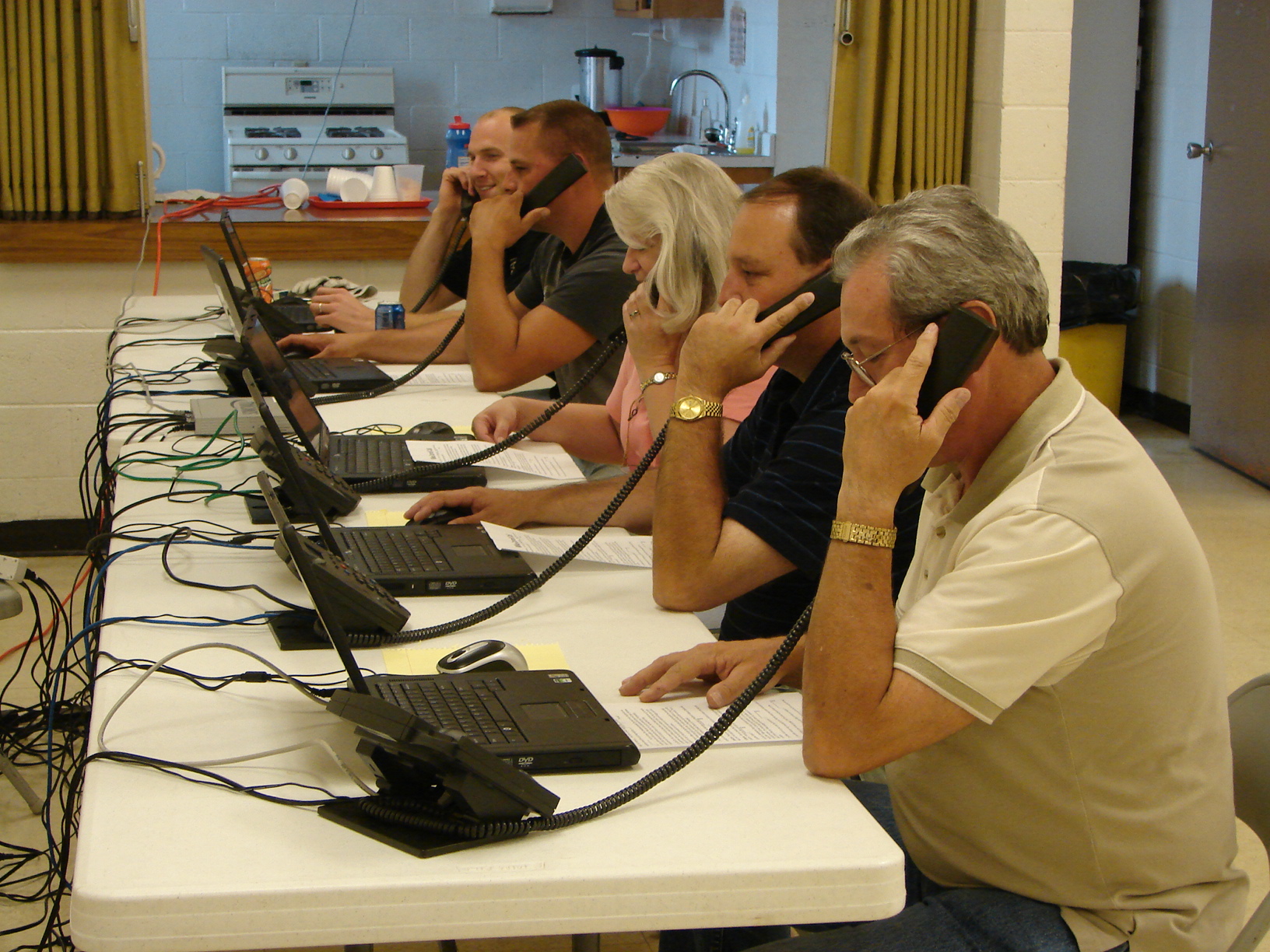rabble is expanding our Parliamentary Bureau and we need your help! Support us on Patreon today!
In my more pathetic hours I can be found staring at the number of email opens my latest CALM e-newsletter has had. When I’m not sure what I should work on next, I log into the Mailchimp account to see how well our latest e-newsletter did: how many opens, how many shares, who unsubscribed and (most importantly) why?
It rarely occurs to me that at the exact same time, someone else, head on keyboard and hand on coffee, is doing the exact same thing for an email I have just received and will never open. “How can I get that 77 per cent to open my emails? Is it my subject line? Do I come across as too pathetic?” and so on.
In an era of mass surveillance and metadata collection, it’s not that surprising that data has become a broad obsession. Especially in politics where data is generally hailed as delivering campaign victories (though rarely blamed on campaign losses).
Data is supposed to help campaign teams microtarget potential supporters. Through this, soft support can be moved to hard support, people marked as three can be moved to two (or ideally one), purple clovers can become gold stars.
Data promises sophistication. Data promises results. Every supporter who clicks on our email will automatically have their Facebook and Twitter accounts linked to our database. This person is influential. That person likes our minimum wage promise. This person won’t open their damn emails.
The 2015 federal election was the most data-driven election campaign yet. And even so, political science professor Colin Bennett argued that it probably wasn’t data that delivered the Liberals a victory. Regardless, he concluded, data heavy campaigns are here to stay.
We should be skeptical of data-driven campaigns. We should question whether or not the hyper-reliance on data is good for our campaigns, just a distraction or worse, is it priming people to accept hyper surveillance from all corners of society?
These questions have not have proper airing on the left, which is surprising, given how much information is gathered through similar (or the same) means by social movement organizations and unions. Can you build a more successful campaign if you’re basing it on the data that you’ve collected about your membership? Or is this simply a distraction that gets in the way of actual organizing?
I suspect that the answer lies closer to “distraction” then many progressive organizers would like to admit. While finding ways to communicate with people is at the heart of organizing, gathering information in and of itself is not organizing. If organizers are putting more effort into gathering information than they are in actually talking to people and coordinating campaigns, there is a deep problem.
And if the effect of gathering information desensitizes people to giving away their personal information, shouldn’t we consider how implicated we are in normalizing surveillance (even if our intentions are good)?
It should go without saying that data alone is not good enough. Remember the 2014 ONDP campaign, its most “data-driven” campaign ever? Despite all the data they gathered, the election result was disappointing.
The biggest threat that data-driven campaigns pose is that they absolve central campaign organizers from offering a program that reflects whatever decision-making structures exist inside their organization. If your political party is, on paper, anti-war, but your data says that this issue isn’t popular, the argument to go with something else is backed up by your data. Similar problems can arise within unions.
This means that issues are jettisoned not because they aren’t important, but because they might not be seen as winnable. Campaigns stop trying to bring people onside and instead take the temperature in the room and offer people what organizers think members want.
Over time, campaigns developed without a political orientation spin out in weird ways. Issues that are “populist” rule the day rather than offering people a vision for a world that they might support, if the right arguments were made.
Had the NDP listened to data on C-51, they wouldn’t have opposed it. Had they thought that the issue was not winnable or important enough to do what was right, it would have quietly passed. As the NDP regroups, they need to consider how important their role is in driving public opinion away from what the polls say and towards a more progressive vision.
We should try to never talk at people. We need to resist the temptation to satisfy our data thirst when we should be organizing. This is most critical for progressive campaigners and union communicators, many of who are constantly trying to find new ways to communicate with their membership.
Whether or not someone opens an email is a poor proxy to determine if they support something, or would get involved in a campaign or a cause.
At the very least, every minute we spend finding out who our membership is should be matched ten-fold with direct, human contact with the people we’re trying to talk to.
rabble is expanding our Parliamentary Bureau and we need your help! Support us on Patreon today!
Image: Wikimedia Commons



